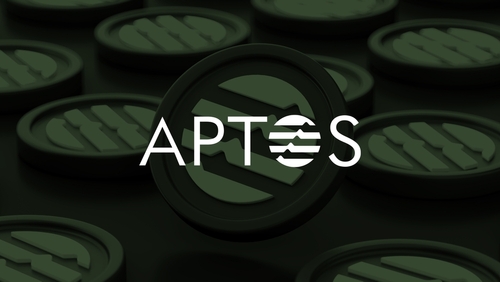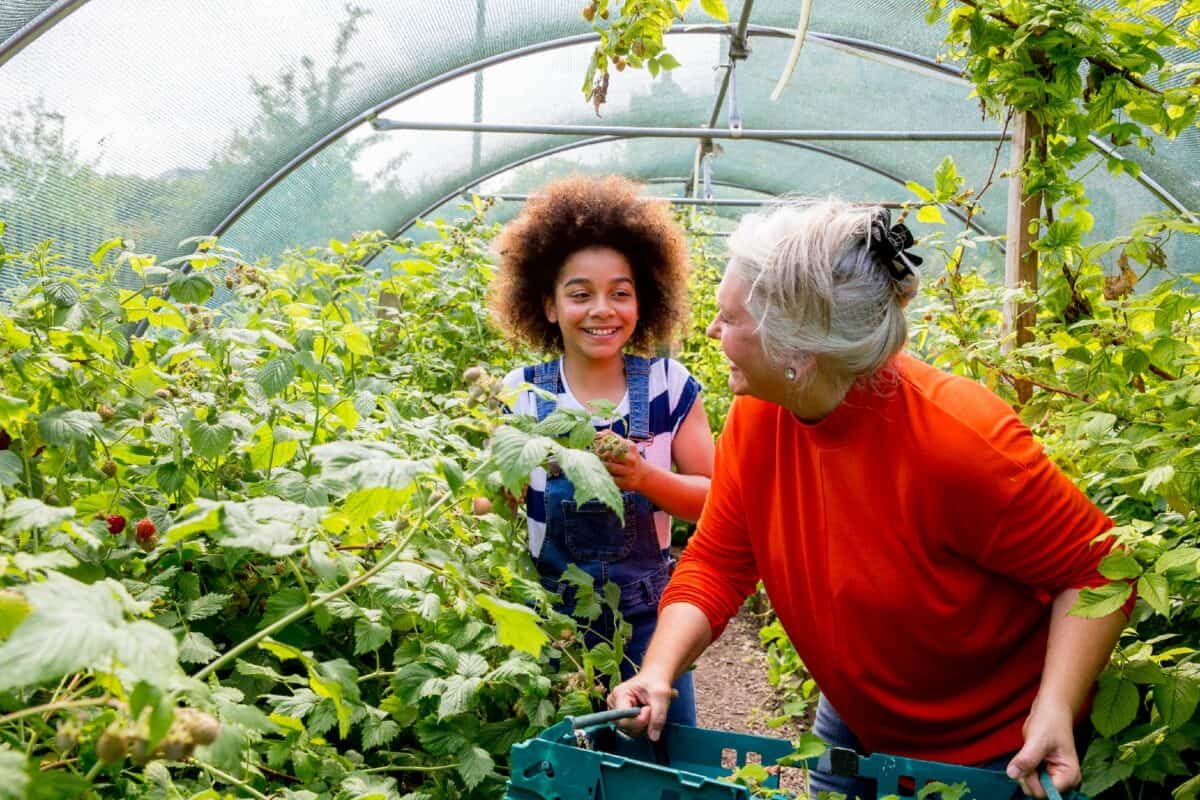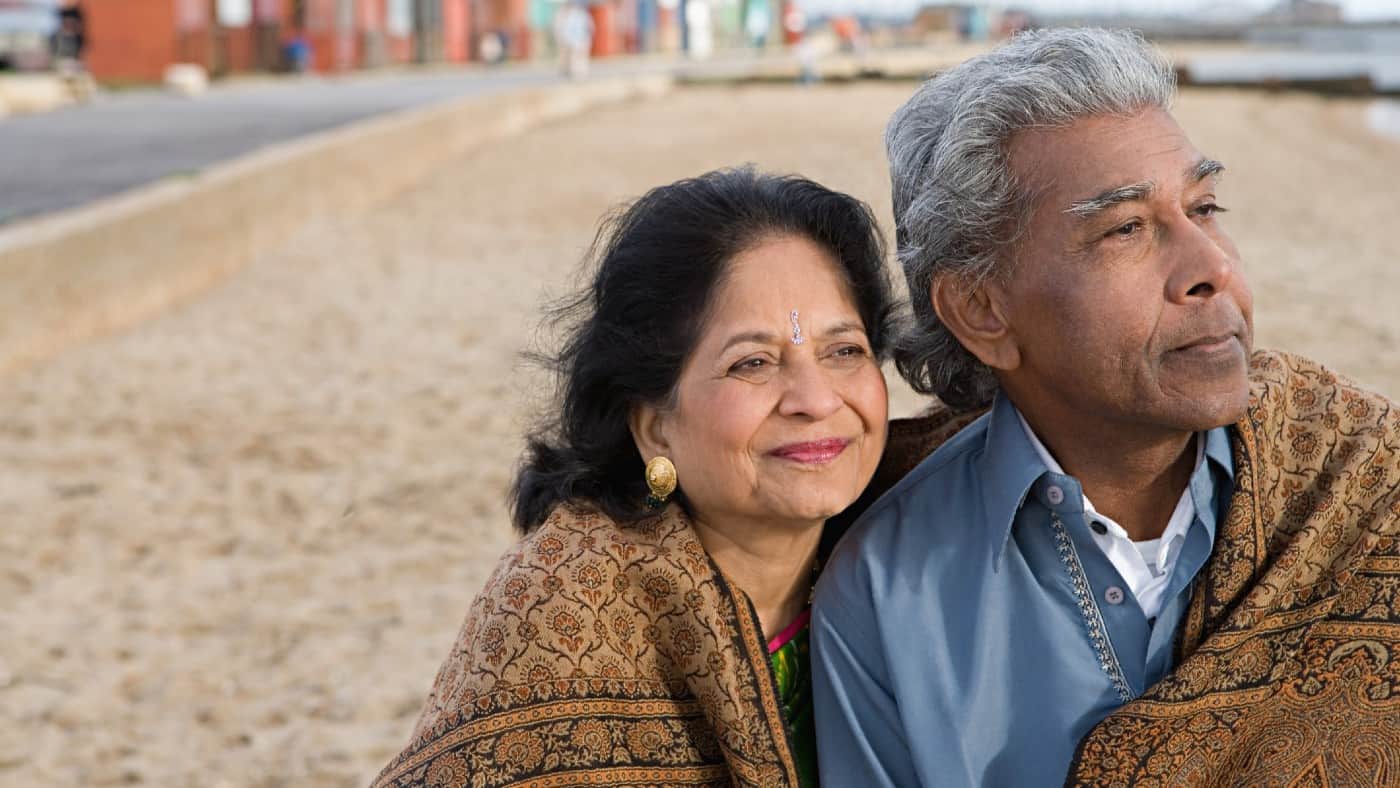Unlock the Editor’s Digest for free
Roula Khalaf, Editor of the FT, selects her favourite stories in this weekly newsletter.
The EU and UK have pledged to hold the first in a series of annual summits next year, after a meeting in Brussels between the two sides held to launch a “reset” of post-Brexit relations.
After meeting European Commission president Ursula von der Leyen, UK Prime Minister Sir Keir Starmer said they had “agreed that we can do more together in a few key areas, in particular promoting growth and prosperity”.
They would also be “working together on shared challenges like climate change, energy security and illegal migration and strengthening our shared security and stability”.
He said he was “putting our relationship with Europe on a more solid, stable position. That’s what the British people want.”
The two sides will hold regular leader-level summits from 2025, with Starmer promising progress in talks by the first one early next year, “focused on what we can do, not what we can’t do”.
“It doesn’t mean it’s going to be easy,” he said and repeated that there would be “no return to freedom of movement, no return to the customs union, no return to the single market”. He will meet von der Leyen again before the end of the year.
Concerns over regional security have increased since the UK left the EU in 2020, with Russia’s invasion of Ukraine sparking a strategic incentive for stronger co-operation between allies.
Starmer, whose Labour party won the general election in the UK in July, has indicated he wants to forge a security deal with Brussels, covering areas such as defence and energy co-operation.
The two parties pledged to defend their “shared values” when it came to global issues, ranging from military conflict in the Middle East to migration and climate change.
Starmer and von der Leyen joined a call with other G7 leaders to condemn Iran’s attack on Israel. Starmer called for “all sides to show restraint and avoid escalation. No one wants a regional war.”
“Dear Keir, in these very uncertain times, like-minded partners like us must co-operate more closely,” said von der Leyen at the start of the meeting.
But officials on both sides have cautioned against expecting quick results after four years of tense relations since the UK left the EU.
The commission and EU member states will insist on the UK’s strict policing of trade flows between Great Britain and Northern Ireland, as enshrined in the Windsor framework, along with the post-Brexit Trade and Cooperation Agreement.
“We have a set of solid agreements in place,” said von der Leyen. “We should explore the scope for more co-operation while we focus on the full and faithful implementation of the withdrawal agreement, the Windsor framework and the TCA.”
Several member states have warned against allowing the UK to “cherry pick” policies. They also want continued access to fishing waters after 2026, and Starmer refused to rule it out in a post-meeting press conference.
Asked about a youth mobility deal proposed by the commission, which would allow 18 to 30-year-olds from the EU to live in the UK for up to four years, and vice versa, Starmer said “free movement is a red line”.
Starmer also met Charles Michel, president of the European Council, who chairs EU summits, and the European parliament president Roberta Metsola.
Metsola welcomed the “new tone” from the UK, but reiterated that the rights of 6mn EU citizens currently there must be protected, an official said.
Credit: Source link














